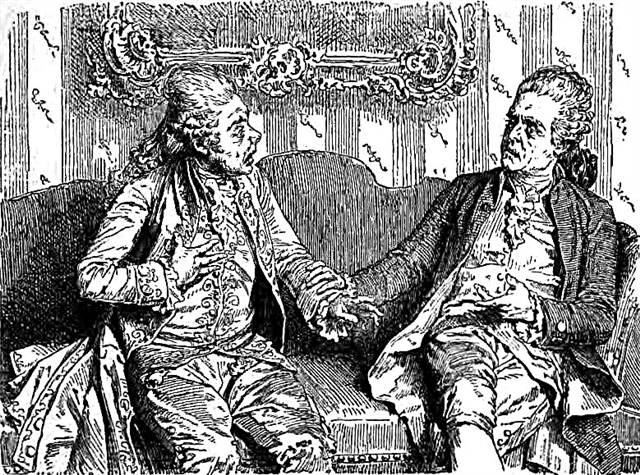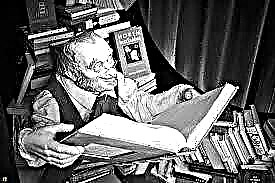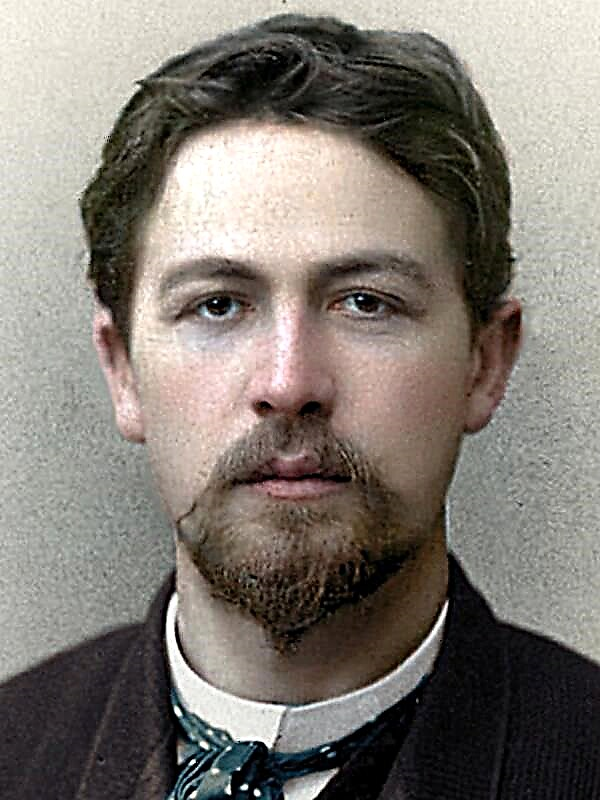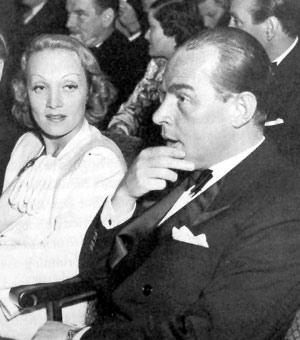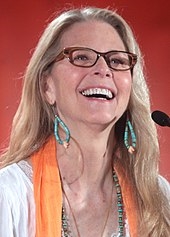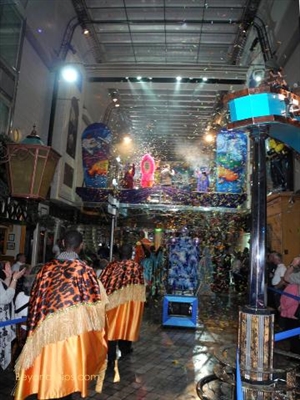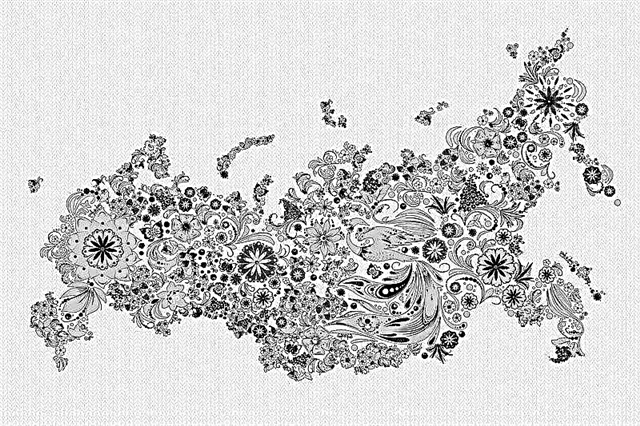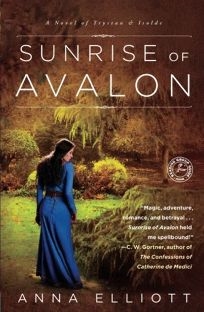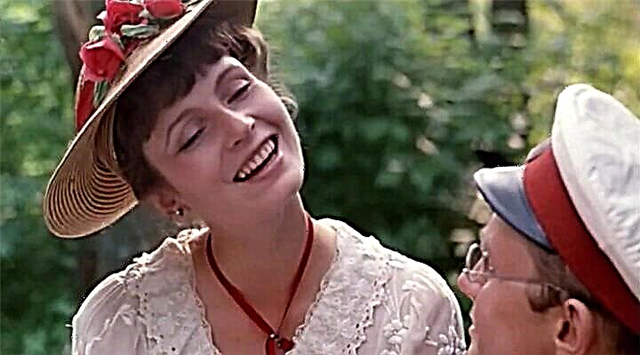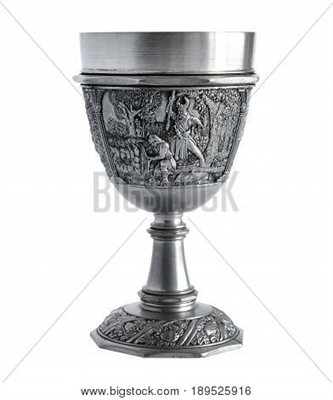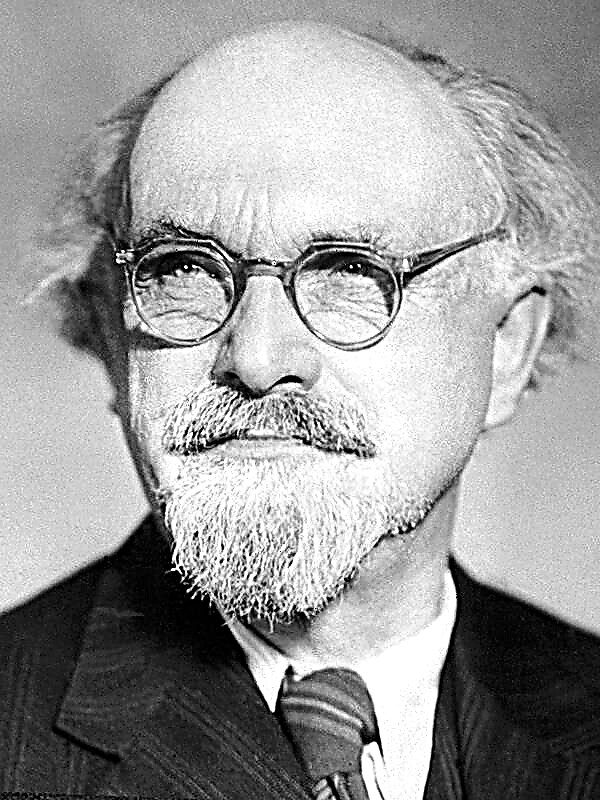1–3
In late autumn, an expedition arrived in the Siberian village of Sosino, exploring rivers and reservoirs in Suzoma - northern taiga. They were led to the village by a local communications officer, a drunkard Vlasik. Turning to the village groom Nikifor Ivanovich, nicknamed Miksha, “heal”, Vlasik told him this news. Miksha, however, believed that the expedition was not looking for fish in the meager Suzema rivers, but for something more valuable - gold or uranium.
Having become sober, the friends started planning a poaching outing in the Suz, but at that moment a man from the “fish” expedition, Kudasov, knocked on the hut and asked him to be taken to Kurzia, the place where the dispossessed settlers once lived. Miksha tried to argue that now, in the mud, it would not be easy to drive forty miles across the Suzum, but the rybnik did not want to listen, and the groom agreed.
Passenger Kudasov was taciturn. Driving past a local attraction - an old chapel, Miksha recalled how a cross was pulled from her by the whole village, and in the 30s a dispossessed "counter" lived in it. Then from the chapel every day they carried the corpses of people who died of starvation.
The black chapel, supported by the slogs, like some antediluvian monster, looked after them from the fields.
Soon we drove into the Suzum. A rough fir tree surrounded the rough road.Miksha continued to rant. Northern Siberia is a dead place, continuous forests and swamps. It is impossible to grow bread here: summer is in Sosino, and morning frosts in Suzino.
Now Miksha did not understand why peasants from all over the country were driven here, but then, in the 30s, he was “ideological”. He took an example from uncles, mother's brothers, “silicon” revolutionaries Aleksand and Methodius Kobylins. Uncle Alexander was a commandant in Kurzia, and they killed him there. Methodius, the then chief of police, vowed revenge, but did not find the killer.
We went to Kurzia, but didn’t reach the village - the horse got lost in the dense bushes and refused to move on. Miksha turned into a hunting camp. There, by the fire, and spent the night. Miksha recalled how they, the younger generation of Sosin, fought with the "class enemies" - they did not let hungry children into the forest for berries. Kudasov said nothing, refused vodka, refreshments and spent the whole night staring into the fire.
4–6
In the morning, Kudasov left, and Miksha went to the still strong huts, where the settlers lived. I also found Uncle Alexander's house, near which he was killed. Then the guide of the local museum for many years told the story of the murder of a fiery revolutionary. Miksha, who loved Uncle Alexander more than anything else, wanted to take revenge then, he sharpened the knife, but his father restrained and persuaded.
On the way back, Miksha wondered what kind of person was sitting behind him. Obviously not a "fishman". Is it not from the "former"? Miksha was in the camps, went through a war all the way to Berlin, and was not afraid of anything in this life, but he did not directly decide to ask the silent man.
Silent all the way - and it seems so.It seems that he has some special right to show his power over you.
Go to Miksha Kudasov refused, asked to take to the river for transportation. He paid for the work there and finally reminded who he was.
A learned young lady in the museum talked about the hero, but in fact, drunk uncle Alexander, a big lover of women, raped a fifteen-year-old girl who was cleaning his commandant's office. The uncle was killed by the brother of this girl, fourteen-year-old Kudasov.
7–8
Miksha, a drunkard and a prisoner, had one consolation in life - the memory of his uncle-hero. Now this is not left. At the house, Miksha recalled the words of a dying father that an old neighbor told him: “Tell Nikifor that his father has no evil at him. It’s not his fault. Uncles made him like that. ”
All his life Miksha despised the soft, quiet father.
Do you really compare him to uncles? Those where they step, there is a holiday: red banners, revolutionary songs, speeches that take your breath away.
When in the 37th he was arrested "as an accomplice of the international bourgeoisie," Miksha publicly disowned his father and took the surname of uncles.
Miksha's heart was pounding badly, and he did not go home - he went to inquire about his father from those who still remembered him. The old woman's neighbor, who was caring for her father when he returned from the camps, was able for a long time, and Miksha went to the old grandmother Matryon.
Fortified by vodka, the grandmother remembered that the whole village went to the good man Ivan Varzumov “about all kinds of paper matters,” which uncles did not approve of. She also remembered Matryona about Miksha's mother, a “bad woman” who was very fond of drinking. Miksha remembered how his father was killed when she died.The grandmother remembered nothing more, and Mikshu herself stopped recognizing.
9–13
Another old woman lived in the village, remembering Ivan Varzumov, but Miksha did not go to her. Forty years ago, Uncle Alexander seduced her daughter, and she still remembered the insult.
Miksha went to the district center where his father’s old friend lived and found out that the old man had recently died. The widow said that Ivan Varzumov warned her husband about the arrest, and he managed to escape. Uncle Methodius then nearly shot Ivan, and Uncle Alexander interceded. Uncle Methodius in those days shot so many innocent people that he is still remembered with an unkind word.
Another widow said that Ivan Varzumov served as a treasurer in a peasant shipping company, which he organized with several exiles, not afraid of the threats of the local rich monopolist, the owner of several steamboats. The old woman advised Miksha to go to the former village teacher Pavlin Fedorovich - he knows all the details.
Once, twenty-five-year-old Pavlin Fedorovich changed his city apartment for a hut in a remote Siberian village to teach rural children. He never got a family - he devoted himself entirely to school.
In 1938, Pavlin Fedorovich was arrested, he spent seventeen years in the camps, and after the Khrushchev thaw he returned and started landscaping the area.
And people forgot the everlasting proverb: the house has a bush - the house will be infused empty.
Miksha remembered how the teachers led him into the city under guard. Then he, too, sat down on a booze - he flew a truck onto the people's rostrum.
Pavlin Fedorovich Mikshu did not let Mikshu into the house - he did not want to talk with a man who had renounced his father.
Returning to Sosino, Miksha thought of his wife. After a stupid seventeen-year-old girl, she herself came to him, a widower, - she felt sorry for the orphaned children. She and Miksha did not see joy, but remained faithful and caring.
Near his native hut, Miksha again pounded his heart. He saw the lights, heard the ringing of the bell and singing - that is how the dispossessed people sang near the ancient chapel.
And the Sosin women, listening to these songs, wept sobily, and his father cried ... And then he hated him to tears, to frenzy. I hated that father was a man ...
And now Miksha himself went to his father ...
A week later, a note appeared in the district newspaper that the drunken groom Kobylin from Sosino got lost, returning home, and froze at the chapel, on old graves.


